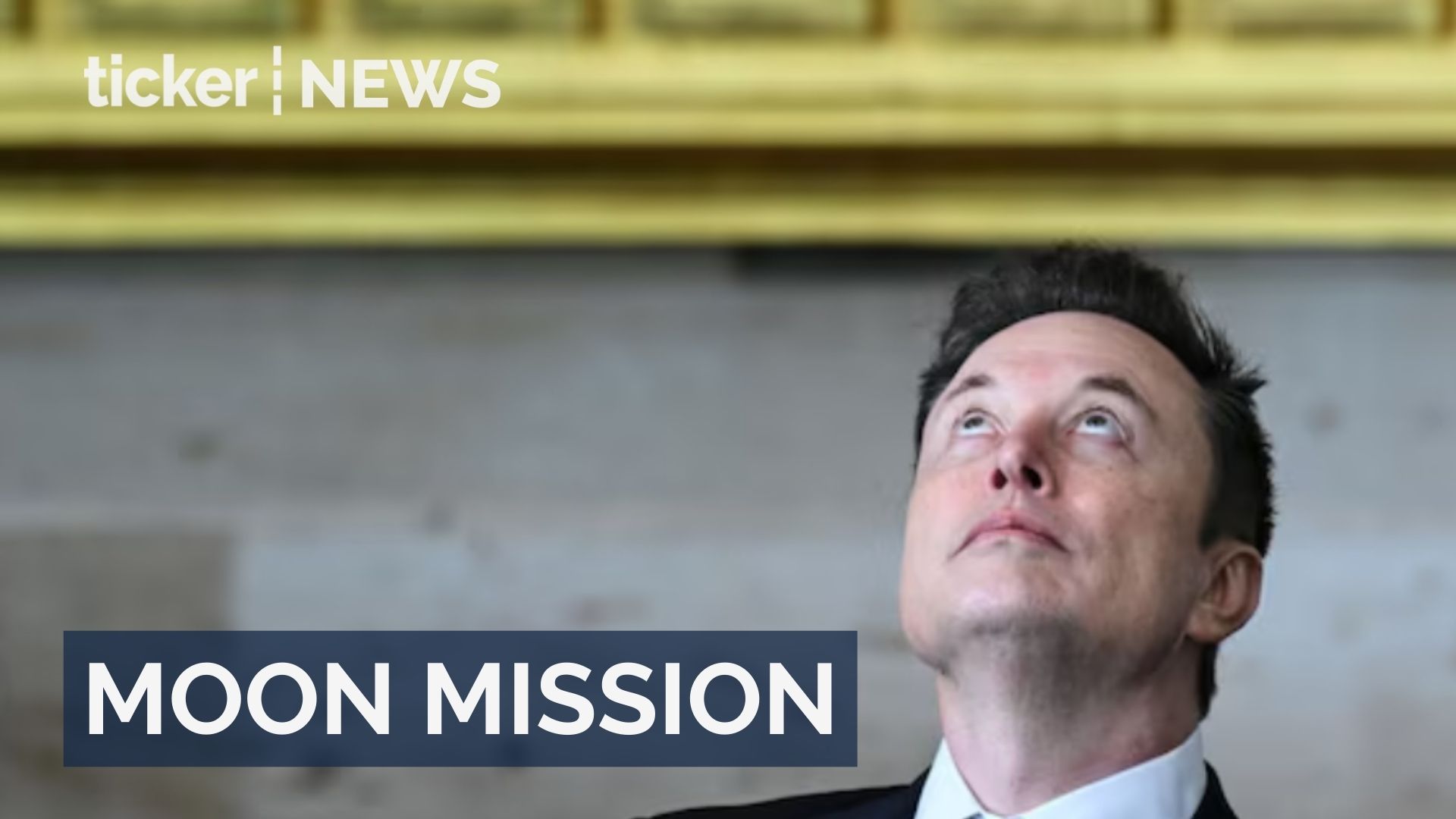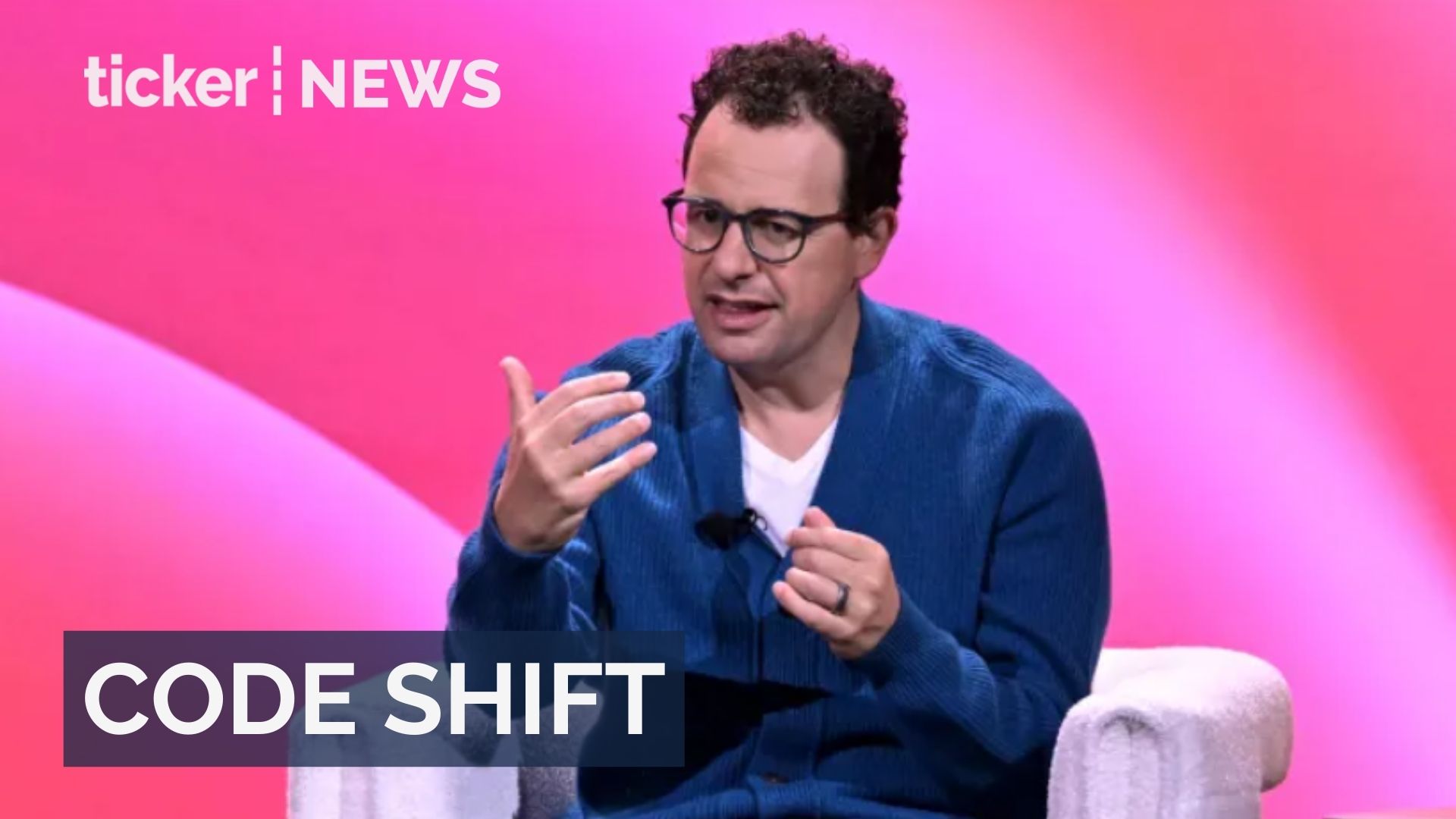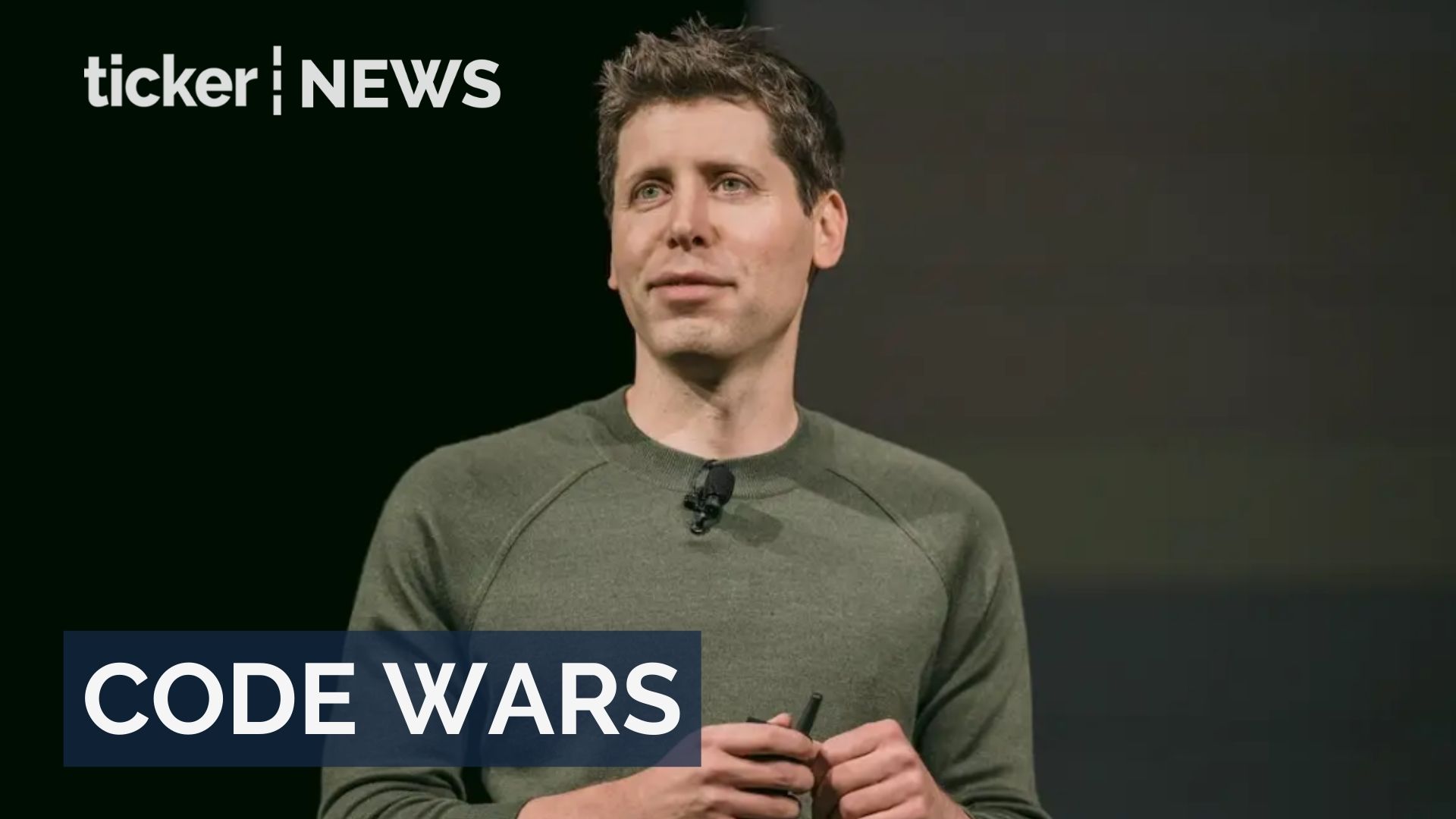Tech
U.S. officials provide some relief to non-Chinese chipmakers
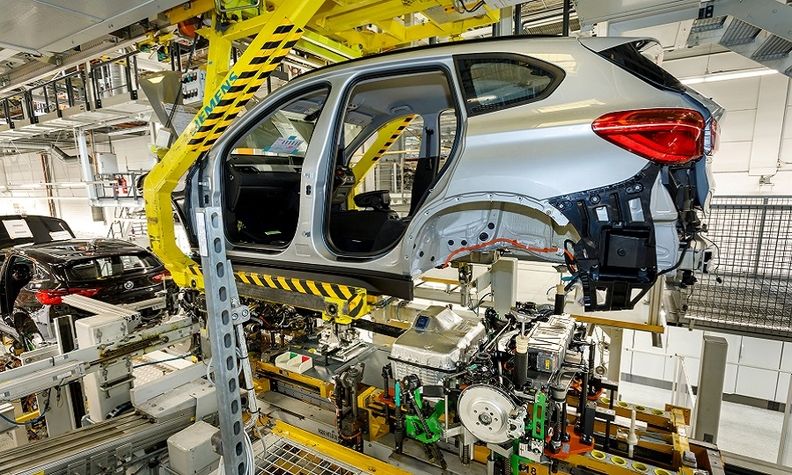
Tech
SpaceX shifts focus to Moon with ambitious Lunar City plans
Elon Musk shifts SpaceX focus from Mars to a 2027 Moon landing, merging with xAI for AI satellite networks.
Tech
Claude AI is transforming software engineering and productivity
Anthropic’s Claude AI now manages coding tasks, boosting productivity by 50% as engineers shift to oversight roles.
Tech
OpenAI and Anthropic launch faster, smarter AI tools for enterprise coding
OpenAI and Anthropic launch advanced coding models, revolutionizing enterprise software development and intensifying the AI tooling competition.
-



 News4 days ago
News4 days agoU.S. ramps up Cuba aid as energy crisis deepens
-



 Tech4 days ago
Tech4 days agoOpenAI and Anthropic launch faster, smarter AI tools for enterprise coding
-



 News5 days ago
News5 days agoOil prices surge as U.S.-Iran tensions escalate
-



 News4 days ago
News4 days agoSpaceX expands Starlink with phone plans and satellite tracking ambitions
-



 Ticker Views5 days ago
Ticker Views5 days agoWinter Olympic security tightens as US-European tensions grow
-



 Ticker Views4 days ago
Ticker Views4 days agoRebuilding Gaza: Lessons from the Phoenix Plan
-

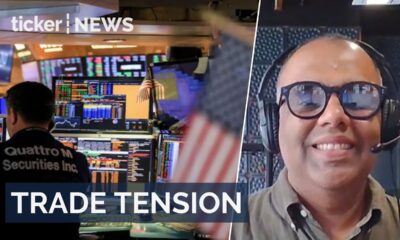

 Money4 days ago
Money4 days agoU.S. markets mixed as tech slumps and Fed moves spark uncertainty
-



 Ticker Views1 day ago
Ticker Views1 day agoIsraeli President Herzog visits Australia amid rising antisemitism



